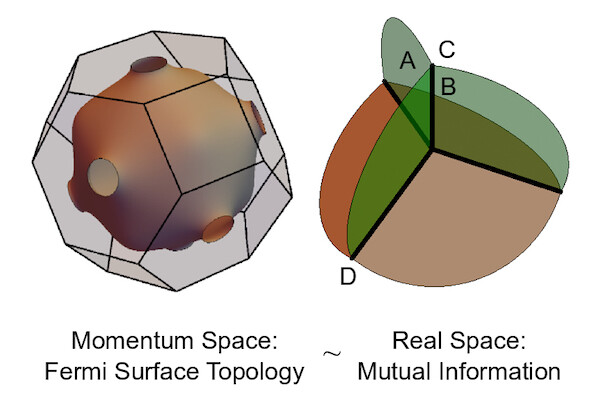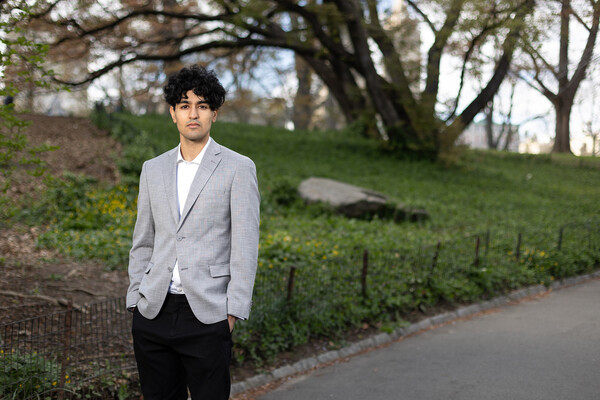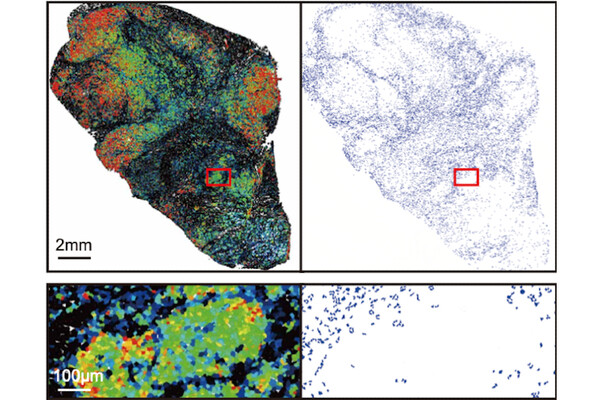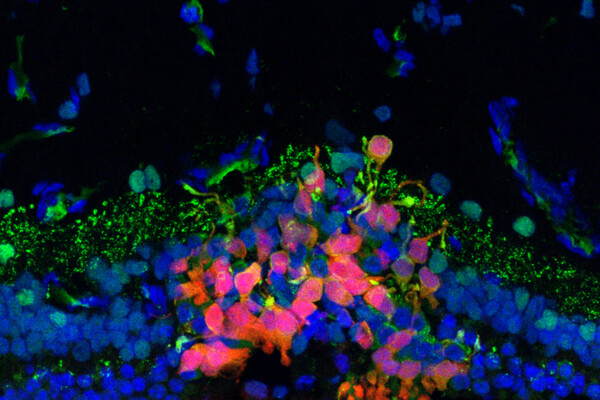The theoretical work led by physicist Charles Kane reveals an unexpected link between two major principles in physics that may inform future experimentation and an understanding of how to harness quantum information.
Latest News
Marrying models with experiments to build more efficient solar cells
Penn chemist Andrew M. Rappe, in collaboration with former postdoc Arvin Kakekhani and researchers at Princeton University, has gained insight into how the molecular make up of solar cells can affect their properties and make them more efficient.
Deploying microrobotics for dental treatments and diagnostics
Penn Dental Medicine and its Center for Innovation & Precision Dentistry show that microrobots can access the difficult to reach surfaces of the root canal with controlled precision.
Combating urban heat
Through the Penn Undergraduate Research Mentoring Program, rising junior Sarah Sterinbach has spent the summer learning about the policies Philadelphia has used to protect its citizens from extreme heat and how those efforts might improve in the future.
Addressing climate change: plants instead of plants?
Rather than an industrial solution to excess atmospheric carbon dioxide, a retired UCI physicist looks to nature
Academy of Natural Sciences of Drexel University completes heat mapping campaign
The Gleasons followed one of 10 carefully plotted routes around the city with sensors mounted to their car windows for a one-hour drive. The sensors recorded both the temperature and tiny particulates in the air that pose serious problems for those with heart or lung diseases. One of 16 cities participating in this year’s NOAA study, Philadelphia is only one of two recording air quality.
A fish harvest that’s more sustainable—and tastier, too
December graduate Saif Khawaja’s President’s Sustainability Prize is helping him build Shinkei Systems, a company that has developed a robotics-based system for minimizing waste in the fishing industry.
Cancer cells selectively load ‘drones’ to keep T cells from infiltrating tumors
Biologist Wei Guo and colleagues elucidate the process of sorting and loading cargo for these biological drones with implications for a more targeted and effective use of checkpoint inhibitor drugs in cancer treatment.
Progress toward a stem cell–based therapy for blindness
A multi-institutional effort led by researchers at the School of Veterinary Medicine is taking steps to develop an effective technique to regenerate photoreceptors cells and restore sight in people with vision disorders.
Major MXene Conference Comes to Drexel
The mighty family of nanomaterials known as MXenes will star in a three-day international conference at their birthplace at Drexel on Aug. 1–3, 2022.











